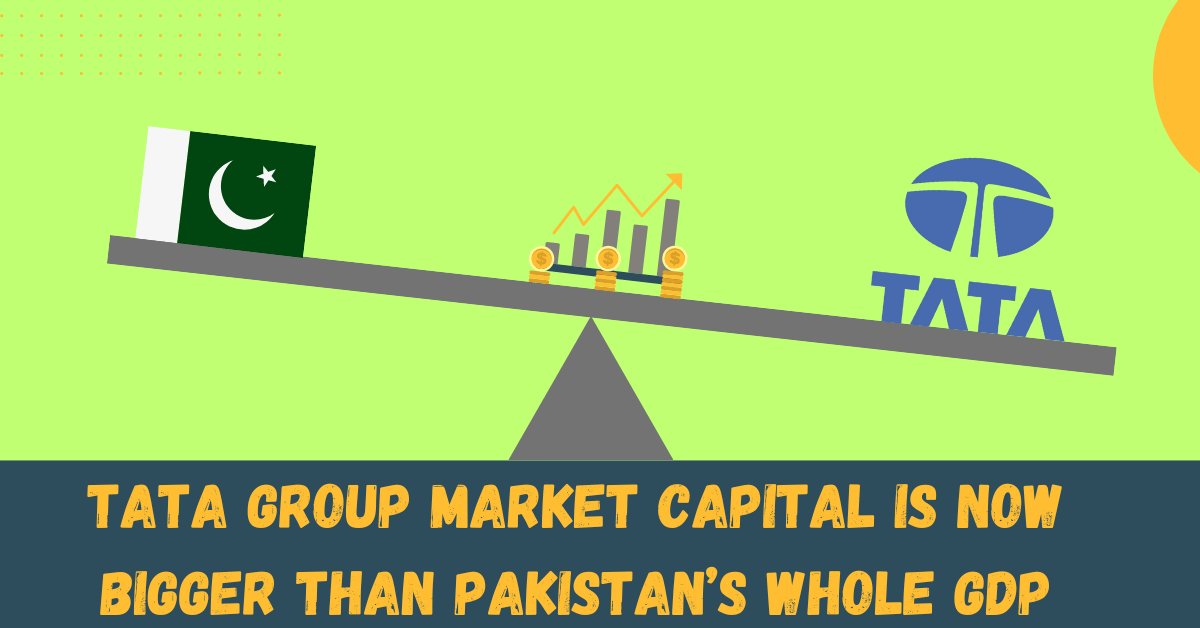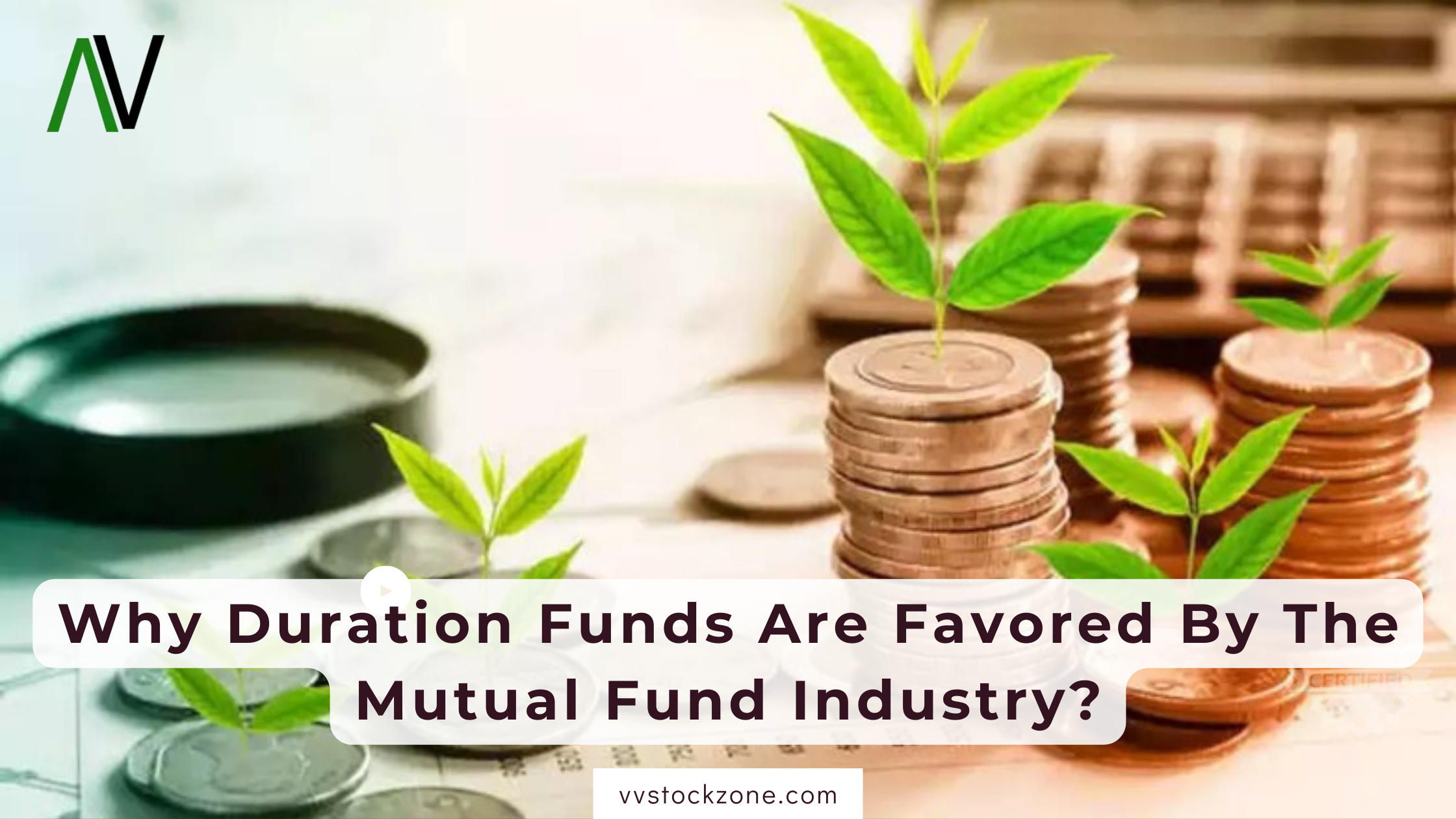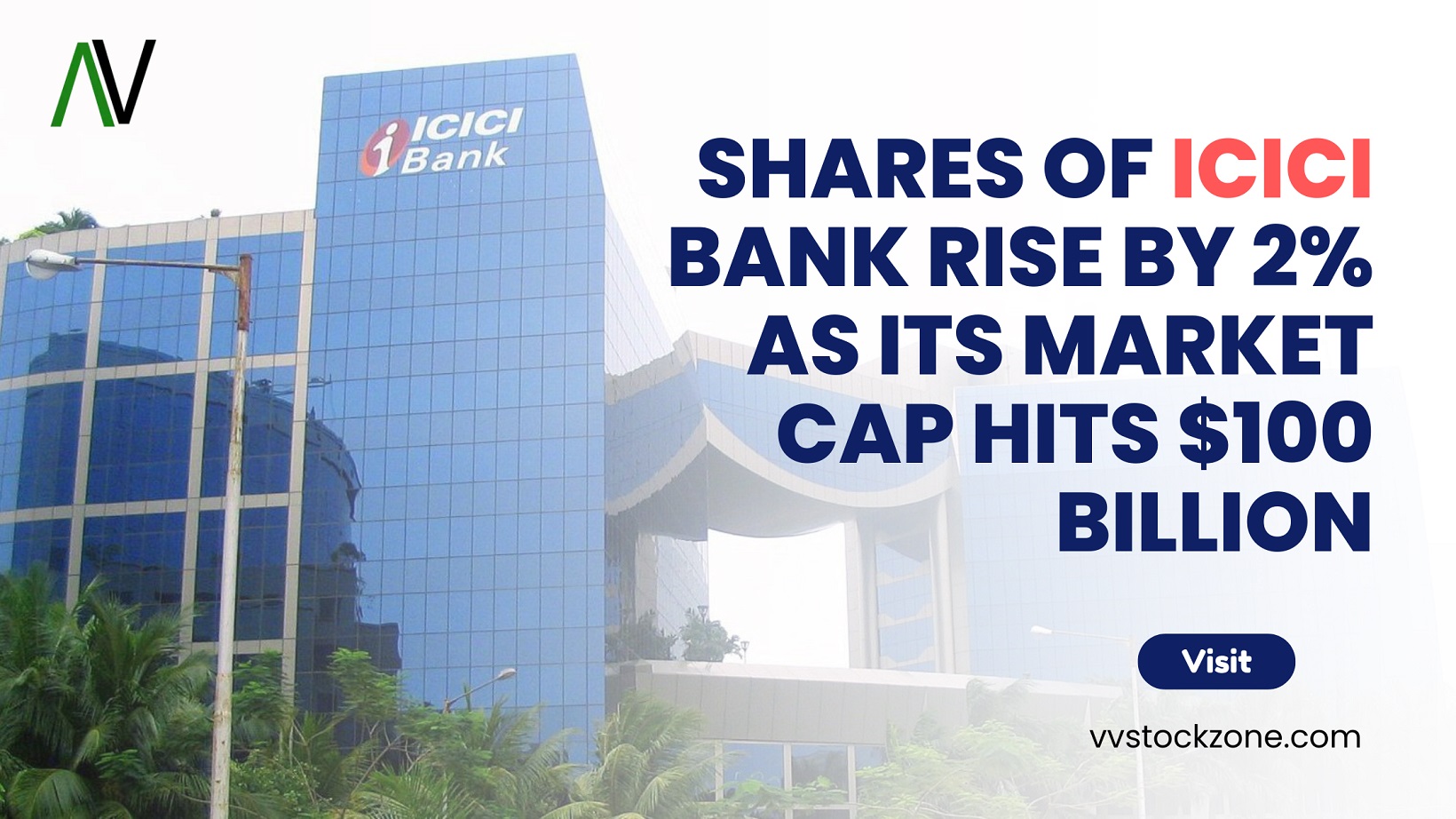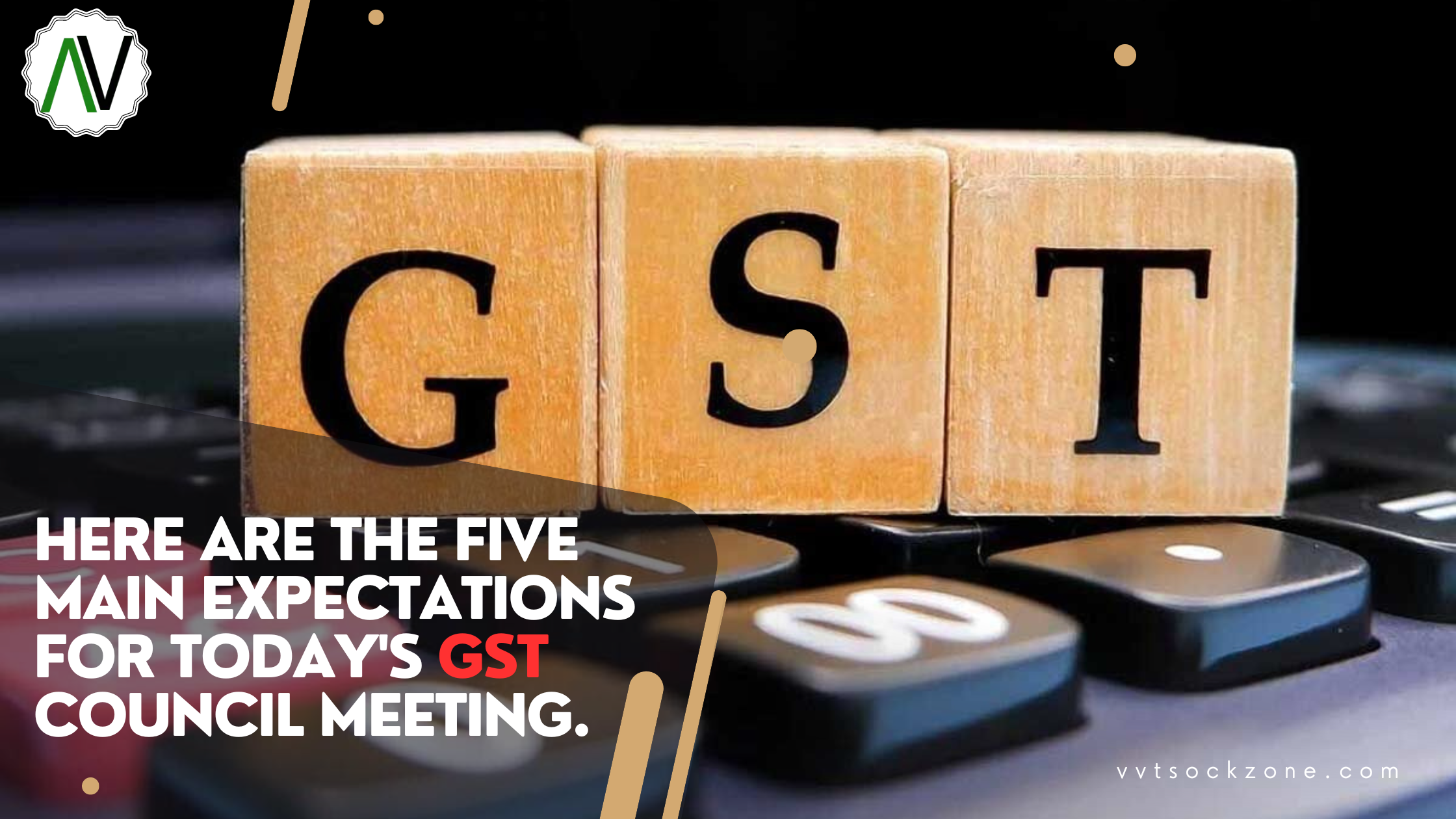Tata Group Cap. At $365 Billion: With some Tata Group companies reporting outsized gains in the last year, the market value of the salt-to-software conglomerate has grown large enough to outstrip Pakistan’s whole economy. At latest count, the market capitalization of India’s largest corporate house was $365 billion, or Rs 30.3 lakh crore, while the IMF estimated Pakistan’s GDP to be around $341 billion.
Tata Consultancy Services (TCS) is the second largest company in India and is valued at approximately Rs 15 lakh crore, or $170 billion. By comparison, Pakistan’s economy is roughly half that of India and is facing an unmanageable debt pile and an impending full-blown economic crisis.
The majority of the most recent increases in the market value of the Tata Group were derived from multibagger returns in Trent and Tata Motors, in addition to the robust rallies in Titan, TCS, and Tata Power over the previous year. Within the last year, the wealth of at least eight Tata companies—TRF, Trent, Benaras Hotels, Tata Investment Corporation, Tata Motors, Automobile Corporation of Goa, and Artson Engineering—has more than doubled. This includes the recently listed Tata Technologies.
According to data taken from ACE Equity, there are at least 25 Tata companies listed on stock exchanges, and only one of them—Tata Chemicals, which has dropped 5% in a single year—has eroded wealth in the past 12 months.
The estimated market values of unlisted Tata companies, such as Tata Sons, Tata Capital, Tata Play, and Tata Advanced Systems, as well as the airline industry (including Air India and Vistara), could easily add another $160–170 billion to the Tatas’ already formidable empire.
Tata Capital was fetching a market value of Rs 2.7 lakh crore in the unlisted market. The company must launch its initial public offering (IPO) by the end of the year in accordance with RBI guidelines. Tata Sons, the holding company of the illustrious group, was estimated to be worth approximately Rs 11 lakh crore in the previous year. RBI regulations might also result in a September 2025 IPO for Tata Sons.
Sebi has already approved Tata Play for an IPO, although the date has not yet been disclosed.
Since the professionally managed Tata Group is primarily owned by philanthropic trusts and does not have an individual promoter, it stands out in a world where the general public and even investors are captivated by the larger-than-life persona of billionaire families. Ratan Tata owns less than 1% of Tata Sons.
The late Rakesh Jhunjhunwala, also known as “Big Bull,” never hesitated to publicly share his admiration for the Tata family.
The ‘Big Bull’ claimed in a TV interview that Tatas were favored by God and that purchasing Tata stock wasn’t a planned transaction.
“It just so happens. I purchase stock in companies…However, since Mr. Chandra (N Chandrasekaran, the chairman of the Tata Group) assumed leadership and I came to understand him and his goals, I became really optimistic,” Jhunjhunwala had stated.
Pakistan’s unfortunate situation
India, which has a GDP of roughly $3.7 billion and is 11 times larger than Pakistan, is expected to pass Germany and Japan to become the third-largest economy by FY28. India currently has the fifth-largest economy.
Conversely, Pakistan’s GDP, which increased by 6.1% in FY22 and 5.8% in FY21, is predicted to have shrunk in FY23 as a result of significant flooding that resulted in billion-dollar losses.
With external debt and liabilities estimated to reach $125 billion, the nation is in a financial crunch to find the $25 billion in external debt payments that are due in July. Additionally, the International Monetary Fund (IMF) has a $3 billion program that expires next month.
Pakistan has about $8 billion in foreign exchange reserves, barely enough to cover two months’ worth of necessities. Its debt-to-GDP ratio is already over 70%, and credit rating agencies are concerned that this year’s interest payments on its debt will account for nearly half of the government’s revenue.




